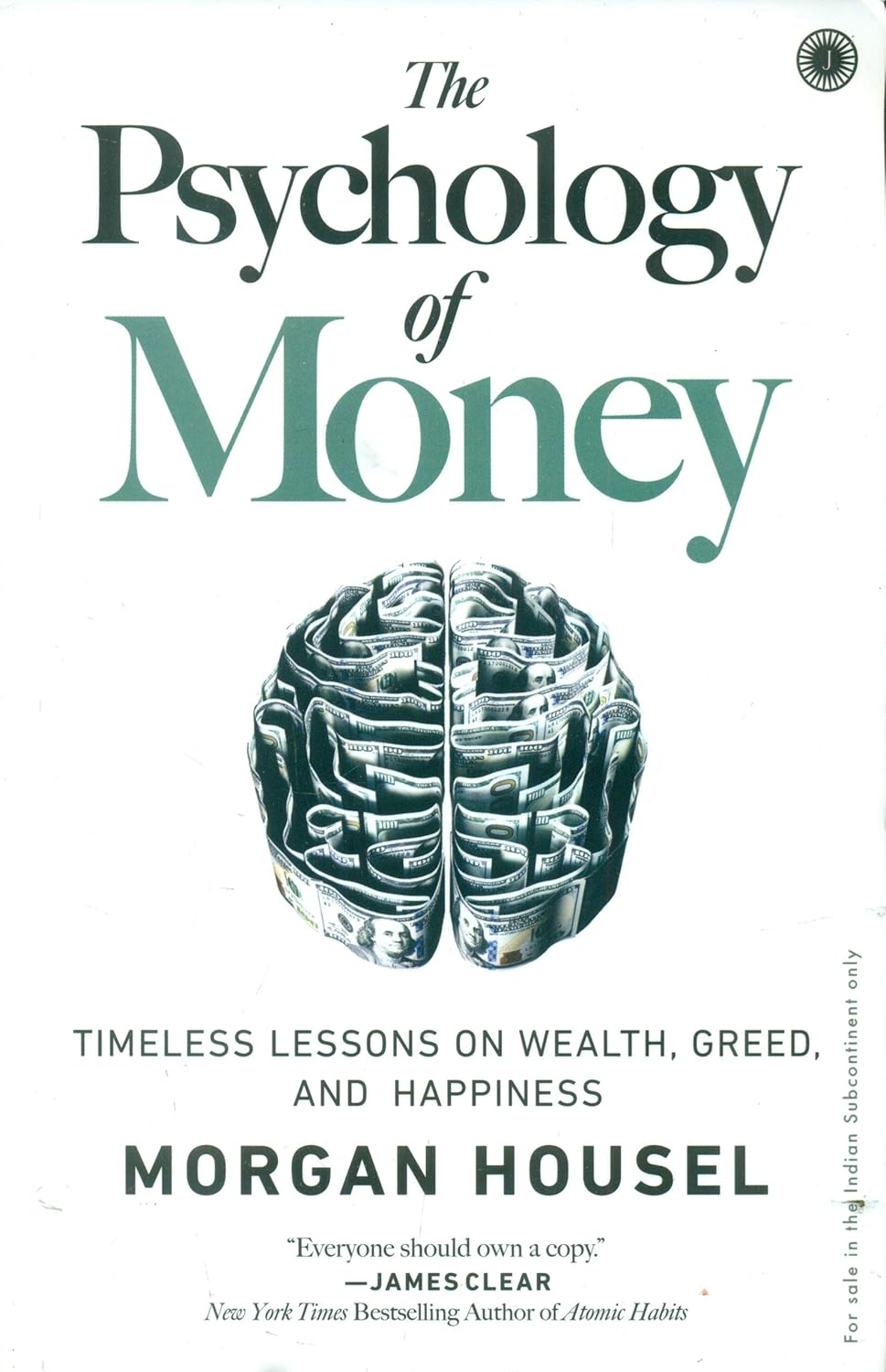Why The Psychology of Money Should Be Your Next Read?
If you’ve ever wondered why some people accumulate wealth effortlessly while others struggle despite high incomes, The Psychology of Money by Morgan Housel is the book you need. Unlike traditional finance books that focus on numbers and strategies, this one dives deep into the behavioral psychology behind financial decisions.
Whether you’re an investor, an entrepreneur, or just someone looking to manage your personal finances better, this book will change the way you think about money forever.
Who Should Read The Psychology of Money?
1. Beginners in Personal Finance
- If you find financial jargon intimidating, this book simplifies wealth-building principles in a way that anyone can understand.
2. Investors & Stock Market Enthusiasts
- It teaches why patience, time, and compounding are more important than chasing quick profits.
3. High Earners Struggling with Savings
- Earning more money doesn’t automatically mean you’ll be rich. This book explains why good financial habits matter more than income.
4. Entrepreneurs & Business Owners
- Running a business requires a sound financial mindset. The book highlights why risk management and long-term thinking are crucial.
Key Lessons from The Psychology of Money
1. Your Relationship with Money Matters More Than Math
- Most people believe financial success comes from choosing the right investments, but in reality, your emotions, patience, and habits determine your wealth.
2. The Power of Compounding is Underrated
- Warren Buffett became a billionaire not just because he’s a great investor, but because he started early and let compounding do the work. The longer you stay invested, the richer you get.
3. Being Rich vs. Being Wealthy
- Being rich means having a high income. Being wealthy means having financial freedom. The book teaches you how to build real, lasting wealth rather than just looking rich.
4. Financial Freedom is About Control, Not Money
- True wealth isn’t about how much you have, but about having the freedom to do what you want, when you want, without financial stress.
5. Personal Finance is Personal
- There’s no single right way to manage money. Your financial decisions should align with your values, goals, and lifestyle.
Why The Psychology of Money Stands Out
✅ Easy to Read – No technical jargon, just powerful real-life stories.
✅ Practical & Relatable – Lessons you can apply instantly to your financial life.
✅ Timeless Advice – Unlike stock tips, these insights never get outdated.
✅ Perfect for All Ages – Whether you’re 20 or 50, the lessons are valuable for everyone.
Final Verdict: Should You Buy The Psychology of Money?
Absolutely! If you want to stop stressing about money, grow your wealth, and make smarter financial choices, this book is a game-changer.
